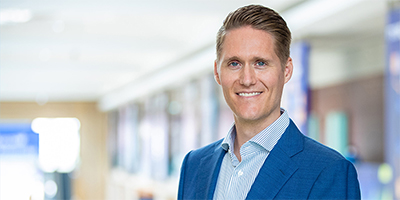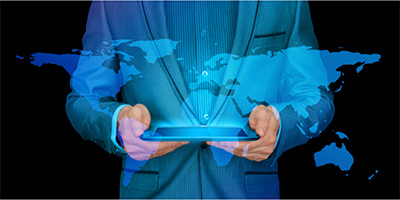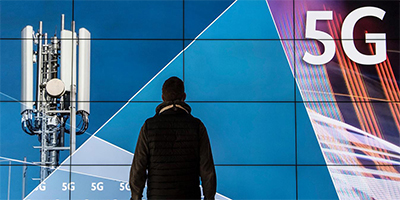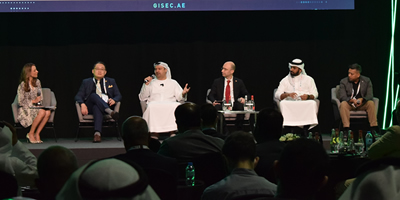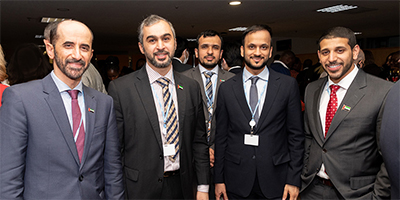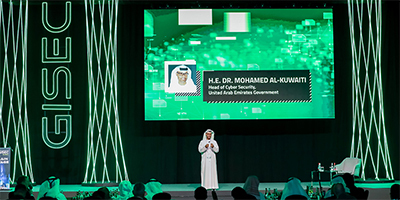Thomas Löffler, AVP, Exhibitions, Dubai World Trade Centre tells Telecom Review all about Cabsat 2022 theme, exhibitors and new features.

Reports and Coverage
New regulations bound tech giants to be fairer as gatekeepers
The European parliament and EU member states agreed on a landmark law to curb the market dominance of iconic big tech giants such as Google, Meta, and Apple. Serving as internet gatekeepers, these companies will be subject to new regulations starting on January 2023.
At the core of capacity: Data centers, subsea, IXPs
The capacity business is a key driver within the Middle East and African countries, affecting telcos and other business players while the increasing penetration of 5G, fiber services, adoption of cloud-based services, and other emerging technologies occur. This extensively brings the need for better bandwidth that can carry data traffic seamlessly and securely across borders.
Building momentum for 5G networks
The migration from 4G to 5G including 5.5G innovation to enrich the customer experience across multiple markets in the Middle East has begun. With this new connectivity, the need and demand to introduce new digital services in the market is evident and CSPs are looking for flexible ways to deploy 5G private networks and deliver services such as network slicing and edge computing to manage customers’ needs.
‘Huawei’s cloud native 2.0 architectures answer to enterprise cloud strategy’
At the recently concluded Huawei Cloud Summit Middle East and Africa 2022 in Dubai, UAE, Huawei reiterated the cloud's integral role in accelerating the region's digital transformation and inspiring innovation across its industries. Under the theme, “Inspire innovation with everything as a service”, the summit brought together over 1000 government leaders, customer representatives, and industry experts from the Middle East and Africa, exploring how cloud computing can serve and advance industries such as public services, finance, carriers, media, e-commerce, and gaming. During the summit, experts also shared how industries can better leverage cloud and AI technologies across various functions.
WoT: Making ‘interoperability’ of Things easier
The ongoing technological advancement is making the Internet of Things (IoT) adoption spur worldwide, with the number of IoT-connected devices projected to increase to 43 billion by 2023. Amidst the latest wave of IoT maturity and execution of bespoke solutions, considering an approach that can respond to the fragmented nature of IoT technology is a strategic move.
B2B telecom collaboration a must-have for digital transformation
The pace at which digital transformation is incorporating modern business is rapidly changing.
Cybersecurity: A crucial element in safeguarding the future of cities
Along the sidelines of GISEC 2022, the government stage tackled the interesting topic of the governments’ actions in ensuring that cities are secure by design. Representatives from the UAE, Egypt, Kuwait, and Saudi Arabia, among others have shared their insights on government commitment to cybersecurity.
UAE has put words into action, says TDRA at ITU Council 2022
The United Arab Emirates, represented by the Telecommunications and Digital Government Regulatory Authority (TDRA), participated in the 2022 session of the ITU Council, at the ITU headquarters in Geneva.
Human factor is key to cybersecurity ecosystem, says UAE’s head of cybersecurity
His excellency lieutenant general Abdullah Khalifa Obaid Al Marri, commander-in-chief of Dubai Police, opened the 10th edition of GISEC Global 2022 at Dubai World Trade Centre (DWTC).



